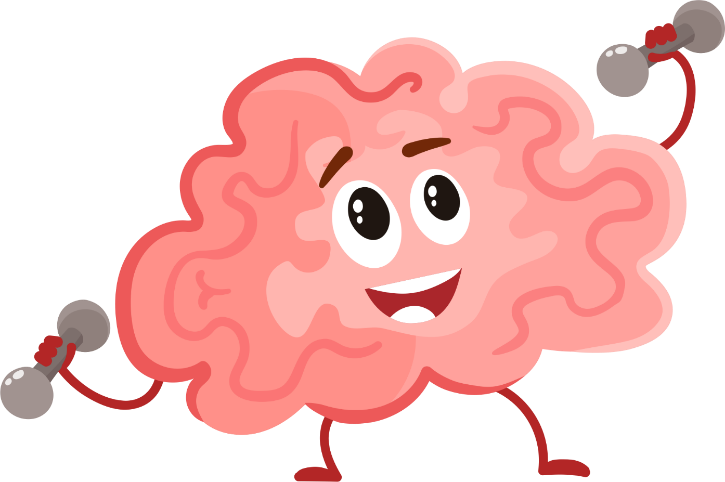Logic and reasoning is the ability to reason, form concepts, and solve problems using unfamiliar information or novel procedures.

Deductive reasoning extends this problem-solving ability to draw conclusions and come up with solutions by analyzing the relationships between given conditions. Underdeveloped logic and reasoning skills lead to difficulty with word problems and multiple-choice questions.
As a cognitive skill, logic and reasoning encompasses the most subcategories. Developing the various sub-skills in this area is mostly neglected and usually presents in difficulty with word problems in math and multiple-choice test questions. Reading comprehension is a part of logic and reasoning – because the student must be able to comprehend the issue (solve the problem) before moving toward the correct solution. Some of the sub-skills include: critical thinking, deduction, drawing conclusions, process of elimination, organizing information, and reading between the lines.
Strong deductive reasoning and process of elimination skills help with making accurate choices on multiple choice tests. There is a definite method to narrowing choices and making an accurate final decision. That can be strengthened by practicing deductive reasoning and process of elimination exercises.
With better logic and reasoning, one can:
- reason and think rationally and analytically.
- form concepts and solve problems with unfamiliar information.
- establish a plan for analyzing and solving problems.
- recognize things that go together to create an idea.
- think quickly and efficiently to make decisions.
- make accurate selections in multiple choice questions.
Knowles, Liz. “DIY Cognitive Fitness.” 2019.
